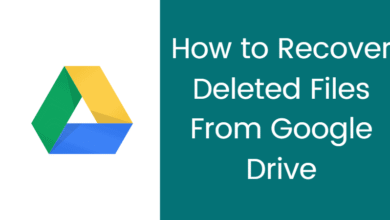Cyber Threat Report: Small Business Facebook Grant Scams

Scammers even faked a CNBC article to trick business owners into clicking on a link that led to a dangerous website.
The website requested sensitive information from the user, including address, social security number, and a scan of their ID, as well as their Facebook login information.
These cybercriminals can steal your identity, damage your reputation, and endanger your company with this information at their disposal.
Unfortunately, despite the obvious grammar errors and dubious URL, many individuals fell for this fraud.
To learn more about the Small Business Facebook Grant Program, go here.
We cannot emphasise enough how crucial it is to exercise extreme caution and vigilance when using the internet.
A phishing scam may be found on social media just as easily as it can be in an email.
Here are some warning indicators of a phishing scam, just in case:
READ MORE: The Six Most Common Cyberattack Types
Is private information requested in the email or on the website? Passwords, credit card information, credit scores, etc. are never requested by email by legitimate businesses.
If you receive an email or form asking for any of this information, especially if it is unsolicited, there is a good chance it is a hoax.
Does the email use your name while addressing you?
It’s likely a phishing email if it refers to you as a “valued member,” “account member,” or “customer.” Legitimate businesses will refer to you by name and have your information.
Check the domain name twice! Hover your cursor over the email address in question and read it letter by letter and number by number to ensure there have been no changes. To learn more about the Small Business Facebook Grant Program, go here. Additionally, seek for public email domains… No trustworthy business will get in touch with you using a “@gmail.com” address.
Is the grammar correct?
A trustworthy business will only receive well-written emails. Multiple grammatical and spelling mistakes indicate that the email is most likely a phishing scam.
Watch out for links! Never click a link without first moving your cursor over it to view the webpage. Additionally, be aware that certain fraudsters will produce phishing emails that are totally coded as a hyperlink – do not click!
Exists an attachment, if so? Be cautious if you get an unsolicited email with an attachment since it can be infected with malware or a virus. Watch out for high risk file formats like.exe,.com,.scr, and.zip. If you even have the smallest suspicion that something is wrong, call the business to verify its legality.
Exists a feeling of urgency?
In order to get you to click on the link or download the file without first verifying the email’s veracity, many cybercriminals will threaten you and tell you to “act now or else.” This works really well at work.
READ MORE: Cybersecurity: Best Ways to Make Your MacBook More Secure











3 Comments